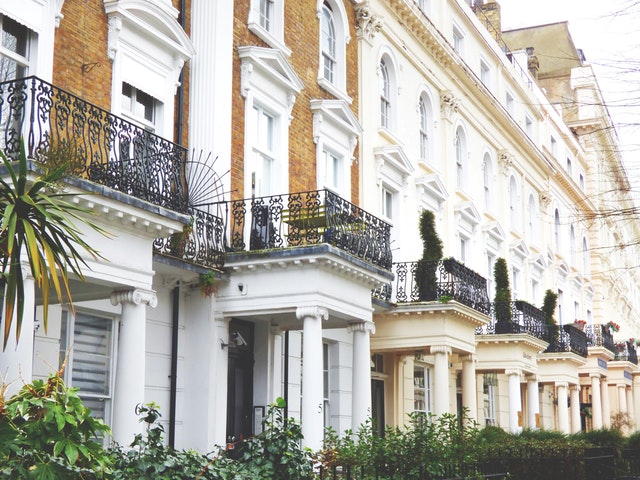
Student Accommodation
While you are staying in the UK, you will many accommodation options available to you. Your choices will depend largely on whether your college or university has halls of residence, what city you are located in, and the amount of your monthly budget.
When you sign up for a college or university, you will need to indicate that you require accommodation (unless you have something pre-arranged). Do not assume that you will automatically be given accommodation. As an international student, you will likely be given housing priority.
Once you have been accepted into a program, start looking and arranging accommodation right away. Places fill up very quickly and demand often exceeds supply.
Halls of Residence
Halls are a great way to meet new people. They are large buildings, sometimes divided into flats where you will have either a single room or share with another student. Your room is likely to be basic, and if it does not have an en-suite bathroom, communal ones will be provided. Halls provide standard furniture such as a bed, desk, and chair. Anything more is supplied by the student.
Most halls of residence have a canteen with food for students (usually at a fixed cost). As an international student the food may be unfamiliar, but eating at the canteen would be good way to immerse yourself in the culture of the UK. Halls are either single or co-ed, so if you have a preference for either you will need to inform your university from the beginning when choosing where to live.
Apart from the rooms, there are also communal areas that could have a bar (it is legal to drink alcohol at 18 in the UK), TV, pool table, etc.
Self-Catered Halls
Many international students prefer the self-catered option because it allows them the freedom to cook their own food and on their schedule. Self-catered halls are similar to standard halls of residence, but there includes a communal kitchen available to hall residents. These kitchens so frequently used by students do have a reputation for becoming unsightly when not kept up, so try to do your share in cleaning behind yourself and encouraging the same of others.
Flats/ Houses
Typically students live in halls during their first year, as it makes adjusting to campus life much simpler and helps in making friends. In their second and third years, some students opt to move into a house or flat not associated with the school.
If you do move into a flat or house, you will have to sign a tenancy agreement, which is a legal document outlining the terms of your stay. Make sure you fully understand the terms and issues of the contract, and if you do have any doubts talk to your international student advisor who can assist you.
A flat or house is likely the most costly option, and you may find it hard to find accommodation that is close to campus. However, many students enjoy the freedom to live where they choose, live with whom they like, and choose the type of place they want to live in. With halls, you don't have this flexibility.
For more information about student housing and renting accommodation as a student in the UK, read more in our UK housing article on where to look for UK housing and steps once you find housing.
Travel Accommodations
Many students across the world consider traveling or studying abroad. However, money is a large deciding factor - especially when you have to take accommodation, visa expenses, and flight tickets into account. Many students who plan on studying or traveling abroad want to travel the world and see more of the country/continent where their host institution is located.
It can be relatively cheap flying from one country to the other in Europe, with low cost airlines becoming more abundant there. High-speed trains are also an alternative that could be less expensive with minimal travel times. Keep in mind that trying to find affordable accommodation – especially at peak times- can be difficult . Hostels are often the least expensive option.
